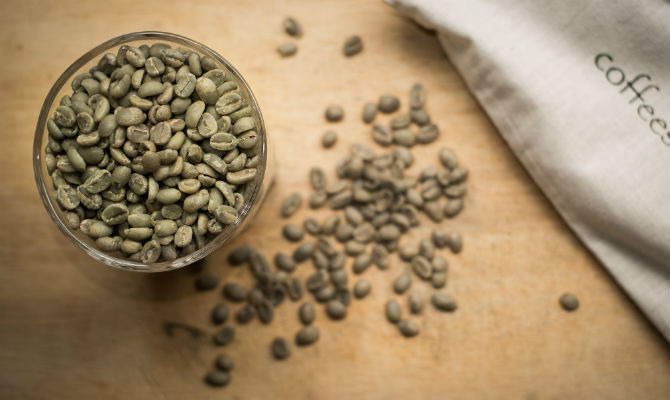Think About Your Coffee's Origins With The NESCAFÉ Plan: Change #StartsWithACup
The world collectively drinks 500 million cups of coffee a year, resulting in estimated annual $60 billion earnings for the coffee industry. Less than 10 percent of that sum returns to the nearly 25 million farmers who make their living growing coffee. NESCAFÉ, a brand of instant coffee owned by Nestlé, may be trying to change that. The company is promoting a self-named plan for responsible farming, production, and consumption, meant to transform how coffee farms are managed and benefit current and future generations of coffee farmers.
Change #StartsWithACup, according to NESCAFÉ, and part of the brand's plan is to double the amount of coffee it buys directly from farmers and distribute 220 million coffee plantlets that are both high-yield and disease resistant. Nestlé is one of four conglomerates that lead the coffee industry, along with Sara Lee, Procter and Gamble, and Philip Morris, and together they are responsible for 40 percent of global coffee trade.
The brand is also working directly with farmers to promote sustainable farming and long-term growth. South of Ethiopia's capital, in the village of Hama, farmers produce the globally-recognized coffee bean Yirgacheffe Arabica. But NESCAFÉ says before their project started in the region, farmers were trapped by debt and decreasing production due to unsustainable farming practices and inefficient cash flow. Because farmers were using old-fashioned equipment to strip pulp from the coffee beans, 50 or 60 litres of water were required for every kilo of dry parchment coffee. NESCAFÉ helped bring in new machines that could do the same job using only 2 or 3 litres of water and used the pulp for farm compost, as well as introducing a full-time agronomist to educate farmers about sustainable practices.
Local farmers are now making a better profit due to self-sufficient sustainable farming techniques, growing new crops, and buying animals that will allow them to transport coffee cherries themselves.
Keep learning about where your morning cup of coffee comes from – change #StartsWithACup.
